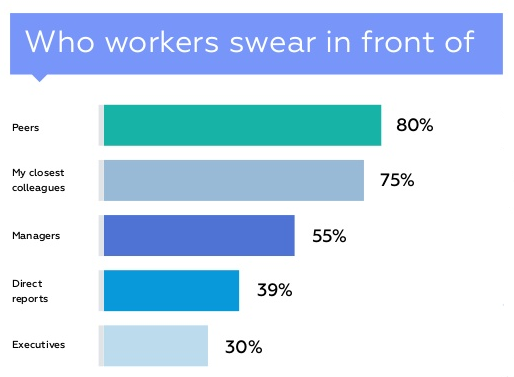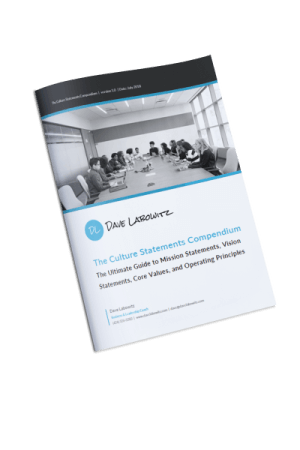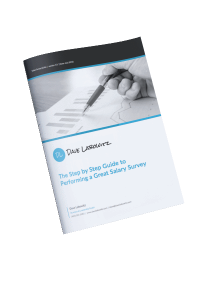One of our junior technicians was looking at me nervously. He had probably been expecting one of the managers to review his proposal to tweak our workflow. Instead, somehow I, the VP, Operations, had gotten a hold of it. I finished my read through and looked up at him, grinning. “This is some fucking great work,” I announced. His face lit up brighter than I had ever seen it. Not only did I like his idea, but for the first time, I wasn’t just some ivory tower executive he hardly ever talked to. I was a fellow human. I had broken the "F Barrier." And I could tell instantly he was grateful for my unfiltered sentiment.
Have you ever gotten that level of feedback on your work? Wouldn’t exciting a boss or peer to that level feel awesome? Of course it would. So why do we find ourselves holding back our natural exuberance so often? As senior leaders, it’s up to us to break the F Barrier, as our junior team members probably won’t if we don’t. If we do it strategically, and with a dose of emotional intelligence, it can be a rapid shortcut to building connection with our team members.
Why does cursing at work build connection?
Cursing, on its own, doesn’t build connection. But authenticity does. I’m constantly telling people, “There is no business you and personal you. There is only one authentic you.” So if Authentic You normally curses when excited, then not cursing is inauthentic. And trust me, your team will pick up on it if you’re censoring yourself and will respond by censoring themselves. To be clear, I’m not advocating that you start cursing if you don’t normally. But if you normally drop an F bomb here or there, why hide behind a false, professional veneer? Be yourself.
I would be remiss not to point out that a heavy dose of emotional intelligence is required to avoid offending people sensitive to profanity. Make sure to evaluate the person you’re speaking with and the situation you’re in before breaking the F Barrier. Err on the side of caution. If you are unsure, it’s better to ask someone their preference rather than risk making them uncomfortable, especially if you’re the boss.
What kind of cursing is okay?
Not all F bombs are created equal. Some are constructive and some are destructive. Consider the following:
- Cursing with someone: Like in the first example, you’re cursing as positive emphasis on a point upon which you and your audience agree. This is by far the best time to let fly.
- Cursing in front of someone: This should be done more judiciously, as you’re probably cursing in frustration or surprise about something that has nothing to do with your audience. You might get some authenticity points, but you might also be thought of as being a bit out of control.
- Cursing at someone: Under no circumstances should you ever curse at anyone in your workplace. For that matter, you probably shouldn’t do it out of the office, either. This type of cursing is done out of anger and is never constructive. In fact, it’s abusive and a fireable offense in most office cultures.
Whose job is it to break the F Barrier?
We’re all equal humans regardless of our place on the org chart. In a perfect world, choosing to use profanity or not would be a purely personal choice. Unfortunately, years of hierarchical thought have caused a widespread perception of authority that goes beyond assigning projects. And I suppose it’s not unreasonable to be a little extra careful when speaking in front of the person who determines your annual raise.
It follows that breaking the F Barrier is generally the choice of the person who has the most power in the relationship. Here are a few examples:
- Boss/employee relationship: People wait for the boss to break the F Barrier.
- Customer/vendor relationship: People wait for the customer to break the F Barrier.
- Peer/peer relationships: Either party may break the F Barrier.
Consider these statistics from a 2016 Wrike survey of over 1,500 participants:

*credit Brianna Hansen, Wrike Blog
Some would argue that the declining swear rate in the chart above is a show of respect. I say differently. To me, this chart shows workers feel less and less comfortable being authentic when they’re speaking to people holding roles higher on the org chart. If we, as leaders, want our teams to be authentic with us, then we can help signal that by breaking the F Barrier. The Wrike survey also offers the statistic that “80% of millenials are more likely to swear if their boss swears.” This further illustrates that breaking the F Barrier enhances authenticity!
What about cursing in groups?
The rules of thumb discussed above apply to one-on-one conversations only. In group conversations, cursing brings an increased risk and a decreased benefit. The more people who are part of a conversation, the higher your chance of making someone uncomfortable. Similarly, with more people involved in a conversation there is less opportunity to increase your level of connection with the group members. Unless you’re independently comfortable swearing in front of all parties in the group, I recommend abstaining from profanity in groups. This applies to conversations with multiple people, meetings, and most certainly when giving a presentation to an audience. With enough people in the audience, there is a virtual guarantee someone will fail to connect with your message because you pushed the envelope.
F Bombs can blow up walls
If you apply healthy doses of mindfulness, wisdom, and emotional intelligence, judiciously breaking the F Barrier can be a strong signal to your individual team members. It communicates you will be your unfiltered, authentic self with them and implicitly gives them permission to do the same with you. It’s an easy way to share a bit of relatively low-risk vulnerability and can be a shortcut to increased connection. So feel free to break the F Barrier in the workplace when it feels right.






